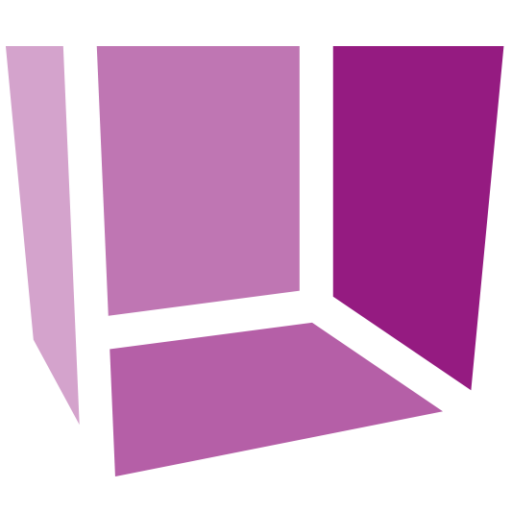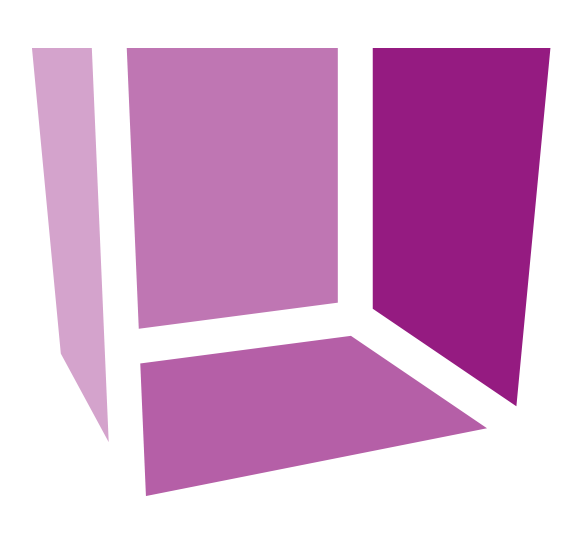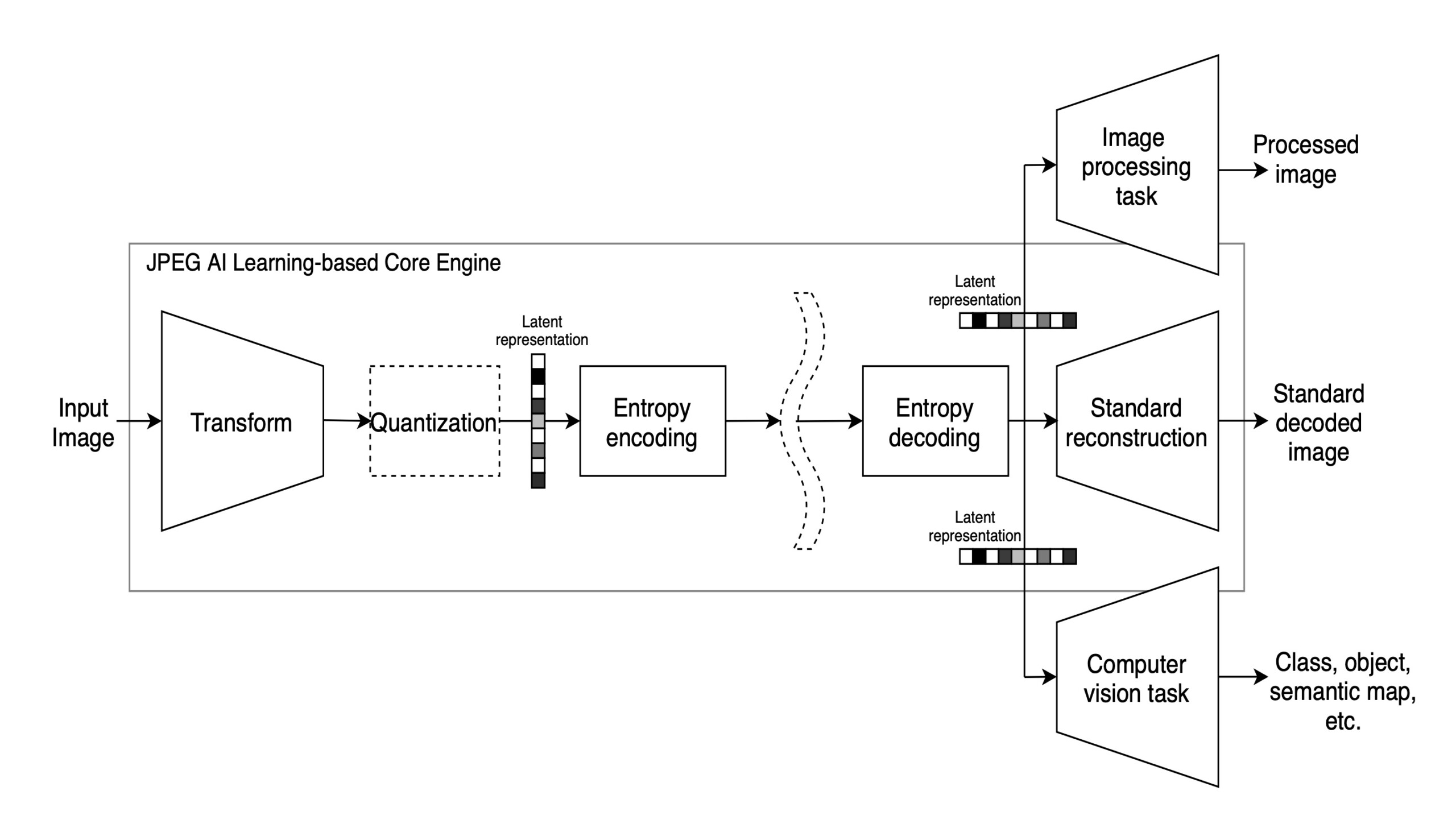Multimedia Signal Processing Group of EPFL has been very active in the last two decades in image and video coding standardization, notably in those produced by the JPEG and MPEG international committees. In the, on behalf of AdMiRe, EPFL submitted the use cases of the project to the JPEG standardization committee as examples where standardization is required. They were adopted in the definition of the call for proposals for a next generation learning based image compression standard called as JPEG AI. A final call for proposals of JPEG AI was issues recently, in January 2022 with support and contribution from EPFL.
The scope of JPEG AI is the creation of a learning-based image coding standard offering a single-stream, compact compressed domain representation, targeting both human visualization, with significant compression efficiency improvement over image coding standards in common use at equivalent subjective quality, and effective performance for image processing and computer vision tasks, with the goal of supporting a royalty-free baseline.
As many image processing and computer vision tasks are based on machine learning, the use of machine learning in the coding of the content makes perfect sense and is a core focus of JPEG AI standardization. This is also in line with many of the requirements in the AdMiRe project use cases, which employs machine learning for both post-processing (super resolution) and analysis tasks (foreground extraction). It is therefore hoped that when JPEG AI becomes an International standard, its technology can be used for applications and use cases with similar requirements to those of AdMiRe, in addition to the requirements of interoperable compressed bitstream for delivery of video from remote participants to the studio premises.
Picture Heading: Triple-purpose architecture under the scope of JPEG AI



